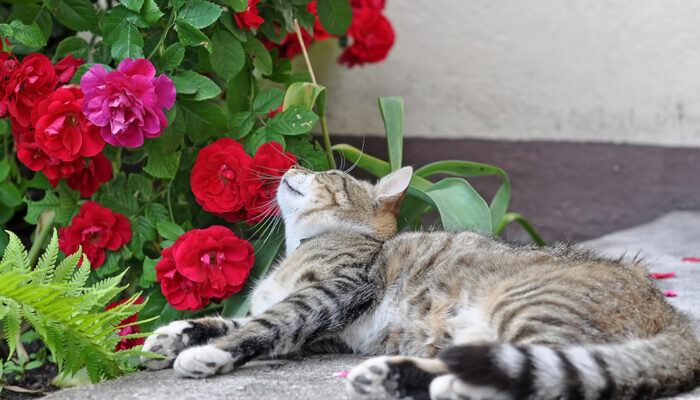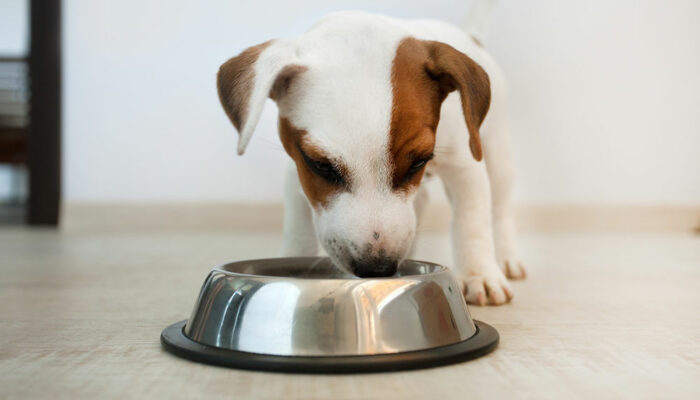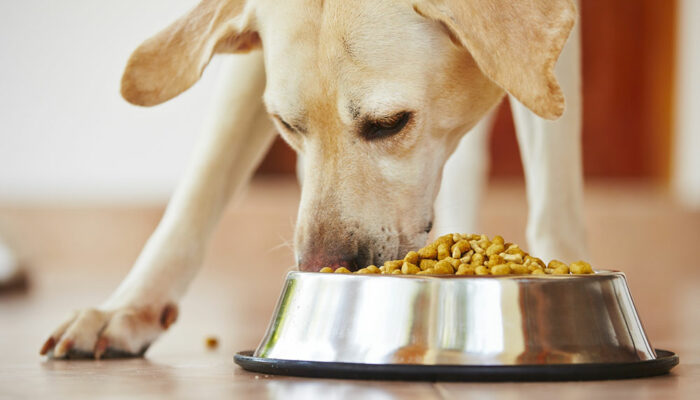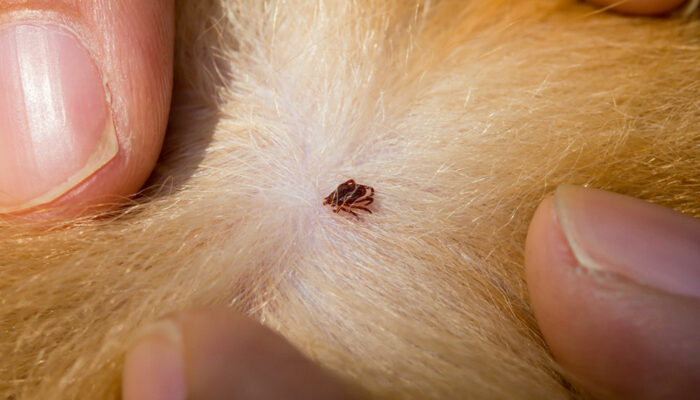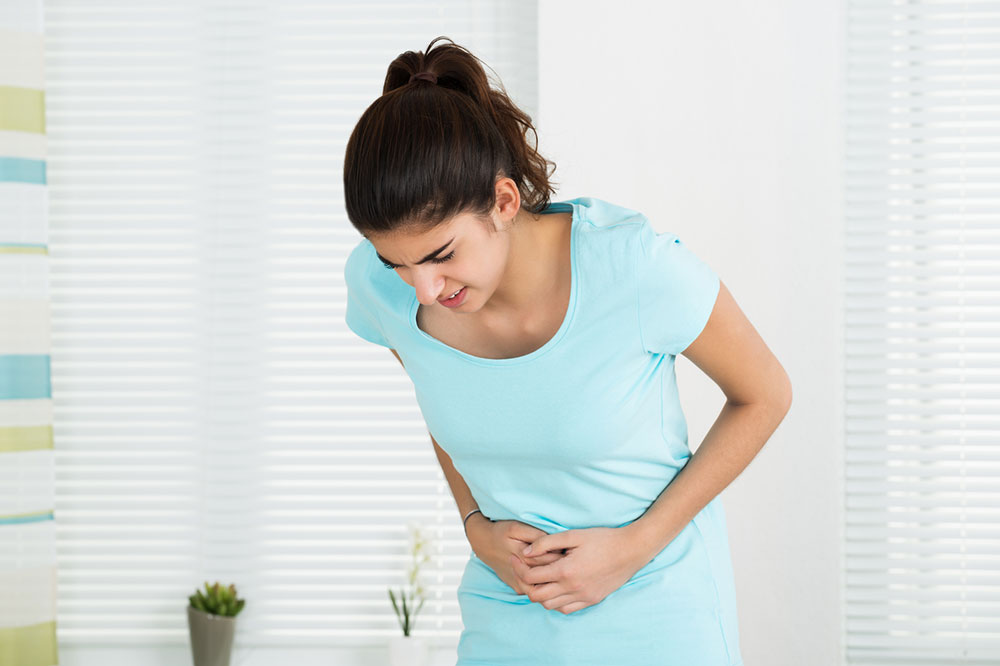
5 Handy Tips for Managing an Overactive Bladder
Bladder issues can appear as a minor health condition, but an overactive bladder (OAB) can interfere with your day-to-day activities. There are many triggers that can make your bladder feel full, and controlling your bladder might feel close to impossible during such situations. However, there are some lifestyle tips for an overactive bladder that can be useful. Here, we will take a look at some of them:
1. Avoid dietary triggers
Some food items are classified as bladder irritants. You should remove them from your diet, especially when you have problems with your bladder. Some fruits like grapefruit and tomato, and other citrus fruits are common triggers for this condition. Certain fruit juices and spicy foods can also aggravate bladder activity.
2. Maintain a healthy weight
People who are overweight may find it difficult to control an overactive bladder. They may also feel constant pressure on their bladder, leading to the urge to urinate. Reducing your body weight and keeping it aligned within healthy limits can help improve your condition.
3. Keep tabs on your fluid intake
Healthy individuals should drink eight glasses of water in a day. However, this rule does not apply to people with an overactive bladder. For people who are suffering from this condition, drinking eight glasses of water may be a bit too much. Considering the total amount of fluids that go into the body would be better. This could include milk, coffee, and even fruits and vegetables with rich water content. The cumulative intake of water can, therefore, be high. This can be unfavorable for people with an overactive bladder.
4. Limit or avoid alcohol
Avoiding alcohol is one of the most effective lifestyle tips for OAB. Consuming alcohol irritates the bladder and makes it feel full too soon. Another problem is the diuretic properties of alcohol, which can result in increased urine production in the body. People with severe urinary incontinence may find alcohol to be one of the worst triggers of the condition.
5. Restrict caffeine intake
Like alcohol, caffeine is another major trigger of an overactive bladder. Increased consumption of coffee, tea, soda, and other food items containing caffeine can aggravate the condition. Patients may also feel the need to urinate more frequently and find it difficult to control the urge to do so. Reducing the intake of caffeine can, therefore, be highly helpful.
With these handy lifestyle tips for OAB, you can control your bladder movement more effectively. Doing this will let you enjoy your time outdoors without having to constantly rush to the restroom.
